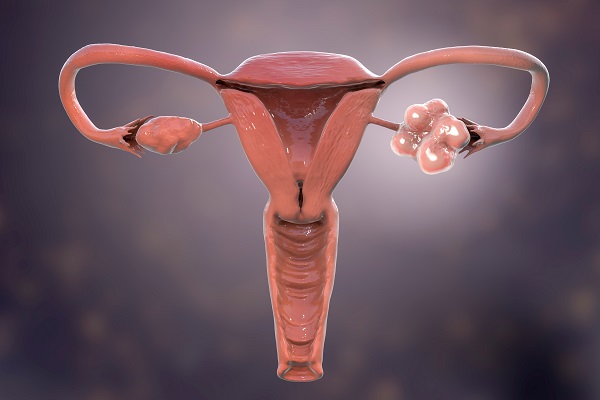This course is part of the RCOG Core Knowledge series.
Ovulation is a complex process that requires a functioning hypothalamo–pituitary–ovarian axis and interrelated feedback mechanisms.
Ovulatory dysfunction is a group of disorders with variable clinical presentation and potentially serious long-term sequelae. Ovulatory dysfunction is common and anovulation or oligo-ovulation (demonstrated by amenorrhea/oligo-menorrhea) are ovulatory disorders that account for about 30% of female fertility problems.
This course reviews ovulatory dysfunction and its management. It aims to improve your basic knowledge and understanding of the complex endocrine processes around ovulation. It will also enhance your ability to assess and appropriately manage ovulatory disorders.
When you have completed this course, you will be able to:
- be able to understand the physiology of ovulation
- have the basic knowledge of the pathophysiology and clinical presentations of ovulatory dysfunction
- be able to classify ovulatory disorders on the basis of their anatomical levels
- be able to choose the appropriate treatment and understand the principles of management, including reduction of complications such as ovarian hyperstimulation and multiple pregnancy.
Miss Erika Manzo is a FRCOG Consultant Obstetrician and Gynaecologist
The content of this course relates to the following Capabilities in Practice (CiPs) and key skills:
CiP 1: Clinical skills and patient care
History taking, clinical examination and diagnosis
CiP 9: Emergency gynaecology and early pregnancy
Manages complications of treatment
CiP 11: Non-emergency gynaecology and early pregnancy
Manages subfertility
Further details about each CiP can be found within the O&G Core Curriculum 2024 Definitive Document, available here.
Product Details:
Product Name
Price
Ovulatory dysfunction - 12 Month Access
£64.80
Login to purchase
| Product Name | Price | |
| Ovulatory dysfunction - 12 Month Access | £64.80 | Login to purchase |

